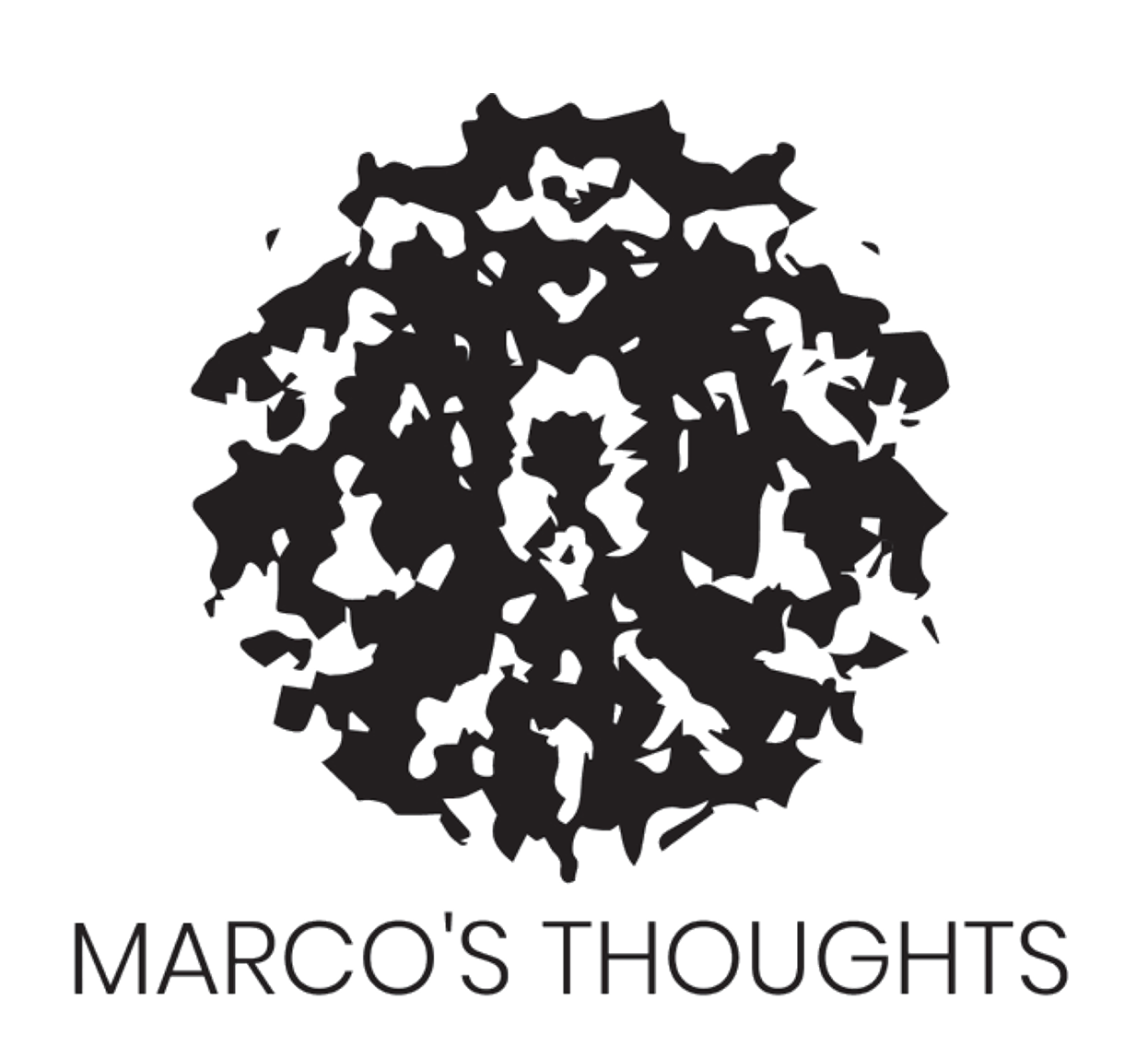On Reading and Learning

People always ask me a question I love: “What book should I read?”. I’m always super amped to ask questions and refer a book I think they’d like. There's one issue - it’s the wrong question. The most important thing about reading is not what you’re reading but if you’re reading.
The question you should ask yourself is: is reading and more broadly is learning a habit that I have. If the answer is no, it’s time to take a step back. Committing to continuous learning in any capacity will be one of the best decisions you can make.
Charlie Munger is quoted saying:
“I constantly see people rise in life who are not the smartest, sometimes not even the most diligent, but they are learning machines. They go to bed every night a little wiser than they were when they got up and boy does that help, particularly when you have a long run ahead of you.”
This quote comes from a longer speech on life and a mini monolog on learning which can be found here. I highly highly recommend watching from 5:04-8:35:
The thing is, life is so busy. Between work, friends, family, and various other responsibilities, making time to learn doesn't seem feasible for most. To be fair I think that's a good point, it's tough to sit down after a long day of work and learn about microeconomics or the Mongol Empire. It can be much easier.
Strategy
Scott Adams in his amazing book How to Fail at Almost Everything and Still Win Big talks about controlling your habits using friction. If you want to lose weight, take away friction from eating well. That means easily accessible cut-up fruits and veggies in the front of your fridge. In addition, add a lot of friction to eating unhealthy. You can allow yourself to have cookies...but only if you make them from scratch each time. The same goes for learning, if you want to learn more, make it as frictionless as possible.
Read what you love until you love to read.
— Naval (@naval) May 31, 2018
The best way I've found to do this is with Audiobooks. The amount of time you have available to listen to an audiobook is multiples of the time you have to sit down with a book. Whether it's walking to the train, driving in a car, at the gym, going for a walk - all these moments are now time where you can be learning for free. No extra time is needed, you're already burning this time.
People always say, "that's not real reading". Bullshit. It is and you're not optimizing to "read", you're optimizing to learn. Use Audiobooks to fill dead time with learning time; you're trying to build an essential habit. Read wide and understand a wide variety of topics. Then if there's a book you love or want to learn more about, buy the physical copy, take your time and sit down with it.
“If you haven't read hundreds of books, you are functionally illiterate, and you will be incompetent, because your personal experiences alone aren't broad enough to sustain you.” ― Jim Mattis
Many leaders and C-level execs I follow or I've met all use Audiobooks as a tool to be better leaders. If it's good enough for them, I imagine it can be helpful for you.
In addition, once you start listening regularly, listening at 2x+ speed will be easy and you can learn even more. Start with whatever topics you are excited about even if it's mindless fiction. You can even start with an interesting podcast if that's easiest. Eventually, you'll find your way to interesting books that will greatly impact your life. I also recommend taking notes of what you're reading with OneNote, Evernote, Google Keep, or the Notes app.
Whatever tiny droplet of success I've had in life I attribute it to my commitment to learning and reading. Every week since mid-2015 I've committed to reading 1-2 books a week. No matter the circumstances. If there is madness at work, sickness, travel, whatever, it doesn't matter - I've committed to learning. The habit is easy after the first few weeks, then it feels almost harder not to do it. It's probably the best decision I've ever made.
Learning also becomes a lot easier and more enjoyable the more you do it. Elon Musk says: it is important to view knowledge as sort of a semantic tree — make sure you understand the fundamental principles, ie the trunk and big branches, before you get into the leaves/details or there is nothing for them to hang on to. Once you start learning, everything else becomes a lot easier to learn and you realize things are more related than you'd think.
Conclusion
Committing to reading and learning on a regular basis is much more important than what you read. Fill the time you're already spending with learning using Audiobooks. Even if it's at a slow rate, the results will compound and before you know it you'll be a different person. To access audiobooks I recommend signing up for your local library and using Libby where thousands of audiobooks are available or free. In addition, you can use Audible.
When it comes to finally picking what to read, you can look for what top thought leaders have recommended here. Or check out my list of books I've read here ✌️.
